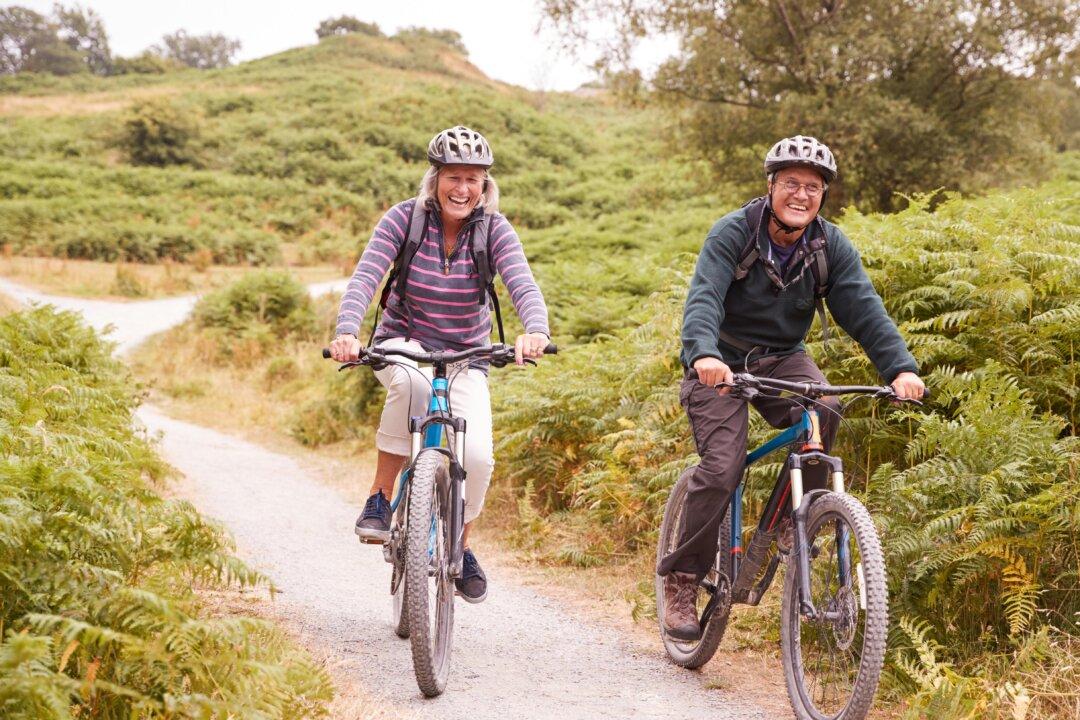As with many other physicians, recommending physical activity to patients was just a doctor chore for me—until a few years ago. That’s because I myself was not very active. Over the years, as I picked up boxing and became more active, I got firsthand experience of the positive impacts on my mind. I also started researching the effects of dance and movement therapies on trauma and anxiety in refugee children, and learned a lot more about the neurobiology of exercise.
I am a psychiatrist and neuroscientist researching the neurobiology of anxiety and how our treatment interventions change the brain. I’ve begun to think of prescribing exercise as telling patients to take their “exercise pills.” Now knowing the importance of exercising, almost all my patients commit to some level of exercise, and I have seen how it benefits several areas of their life and livelihood.



